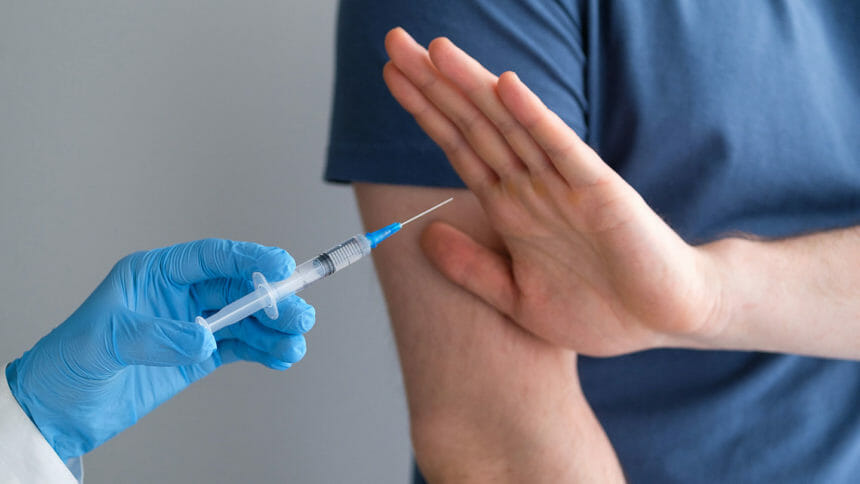
Older adults age 75 and up should receive the respiratory syncytial virus (RSV) vaccine before the fall. Those aged 60 to 74 years, however, should only get the shot if they’re at risk for severe RSV due to chronic conditions such as lung or heart disease, according to new guidance from a US Centers for Disease Control and Prevention (CDC) panel.
The guidelines, which were approved Wednesday by the CDC’s Advisory Committee on Immunization Practices (ACIP), only apply to those who didn’t get RSV shots last year. This is because the shot isn’t recommended every season. The optimal time for an RSV vaccine is during late summer and early fall before the virus starts spreading more.
“The CDC has updated its RSV vaccination recommendation for older adults to prioritize those at highest risk for serious illness from RSV,” Mandy Cohen, MD, the CDC director, said in an agency news release. “People 75 or older, or between 60-74 with certain chronic health conditions or living in a nursing home, should get one dose of the RSV vaccine to provide an extra layer of protection.”
The agency approved that guidance after CDC advisers clarified the recommendations. A year before, the panel suggested that people 60 and up talk to their doctors and consider the shot. Regarding the recent approval, the RSV vaccine manufacturers wanted the panel to recommend that all people 60 and up should have an RSV vaccine.
RSV is a common virus that causes cold-like symptoms but can be dangerous in babies and older adults.
Last year, the FDA approved two RSV shots made by GSK and Pfizer. Last month, it gave the green light to GSK’s Arexvy RSV vaccine for people 50 to 59 years old. At the recent meeting, the CDC advisory panel didn’t endorse the FDA’s move to approve the shot for the 50-to-59 age group, according to an article in HealthDay.




